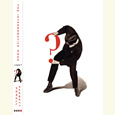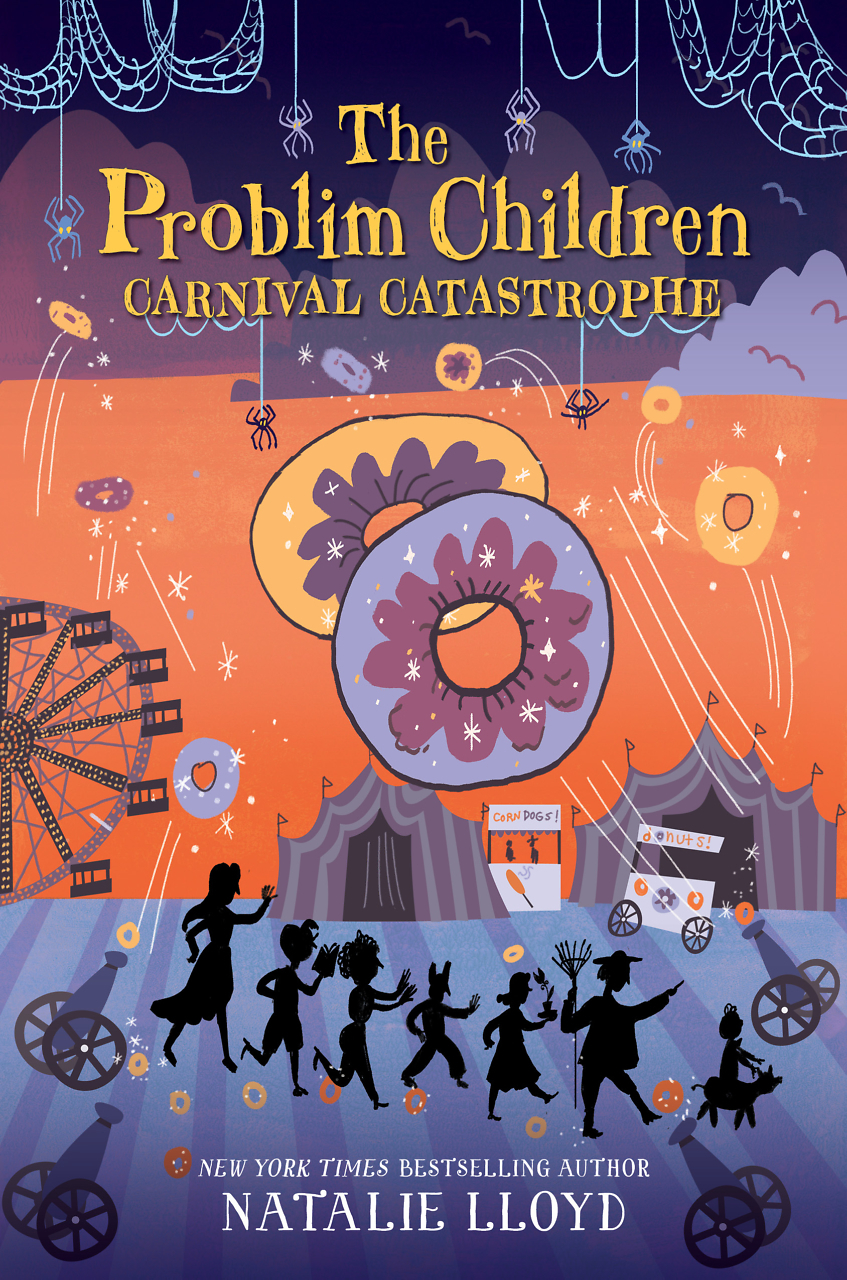Guided by a Star
Novelist Robert Morgan follows two runaway slaves who are Chasing the North Star to freedom
Set in pre-Civil War South Carolina, after passage of the Fugitive Slave Act in 1850, Robert Morgan’s Chasing the North Star begins in a seemingly bucolic world. Little Jonah, the novel’s enslaved protagonist, is named for Jonah in the Bible because he’s born in a storm: “[A]s soon as Jonah was cut loose and washed off in a pan and wrapped up in a towel rag, his mama said the sky cleared and the moon came out and shined so bright you could see a needle in the light from the window.”
 Jonah has a kind mistress who takes him into the big house to be a servant, almost a companion, to her own two children. Alongside the white children, he learns to read, write, and calculate, and his mistress gives him his own tiny Bible, which he reads to her while she rests in the afternoons.
Jonah has a kind mistress who takes him into the big house to be a servant, almost a companion, to her own two children. Alongside the white children, he learns to read, write, and calculate, and his mistress gives him his own tiny Bible, which he reads to her while she rests in the afternoons.
His love of reading is both Jonah’s salvation and his doom. When his mistress goes away for a visit, taking the children with her, Jonah takes his Bible and another book from the library into a loft to read. He is discovered by the master, who doesn’t know Jonah can read, doesn’t know his wife has given him the Bible. A slave who can read is dangerous, so Jonah hides his knowledge and does not betray his mistress. The slave-owner whips the teenaged boy mercilessly for stealing the books. That very night Jonah runs away, with little more than the clothes on his back, his mother’s tiny stash of money, and his knowledge of how to navigate by the North Star. But he understands the risks:
If it was a thousand miles to the North, and he could travel ten miles a day, it would take him months to reach his destination. He tried to recall the tutor’s lessons in arithmetic. By any guess it would be late October before he got where he was going, and would be liable to be cold by then. He’d need a coat and shoes and heavy clothes. He’d need a place to stay warm. It would take money to buy the clothes. He could try to steal from clotheslines, but at some point he’d need more money than he’d taken from Mama.
Working his way north, mile by mile, night by night, Jonah survives by luck and skill and sheer determination, stealing food from gardens and smokehouses when he can. Near Asheville, he stumbles onto a group of slaves holding a secret Jubilee in a mountain hollow. There he meets Angel, who has been taken as a concubine by her master. Angel, as ebullient as Jonah is quiet and intense, takes it into her head that this is the man for her, the only man. That night Angel chases him down, fleeing her own plantation: “When I lay down on the ground to sleep, I thought, this boy is going to leave me the first chance he gets. He didn’t know yet how much he needed me.”
As he demonstrated in previous novels like Gap Creek and The Road from Gap Creek, Robert Morgan is a master at depicting a surface peace that radiates a hidden menace. Jonah and Angel’s journey is as terrifying as stories of being pursued by Black Riders or escaping the Nazis over the Swiss Alps. Their struggle for survival is as focused as being lost in the wilderness with only a hatchet. Not only is the subject matter riveting, Morgan’s language in Chasing the North Star enhances the tension and defines his characters. It is as simple as a shopping list, yet it’s obvious the author is a poet.
Chasing the North Star is inspired by Morgan’s own great-grandfather’s experience of hiding—and eventually adopting—a wounded child too weak to keep running with a group of escaped slaves who turned up at his mountain cabin one night, bounty hunters in hot pursuit. The novel shines its light on the simple humanity of two teenagers adrift in a time of such hate and fear that it soon erupted into a bloody civil war. Today, with racial and ethnic tensions again running high, this stark, terrifying story of perilous love and the search for peace is especially illuminating.

Lyda Phillips is a veteran journalist who grew up in Memphis and has earned degrees from Northwestern, Columbia, and Vanderbilt universities. The author of two young-adult novels, she worked for United Press International before returning to Nashville.


